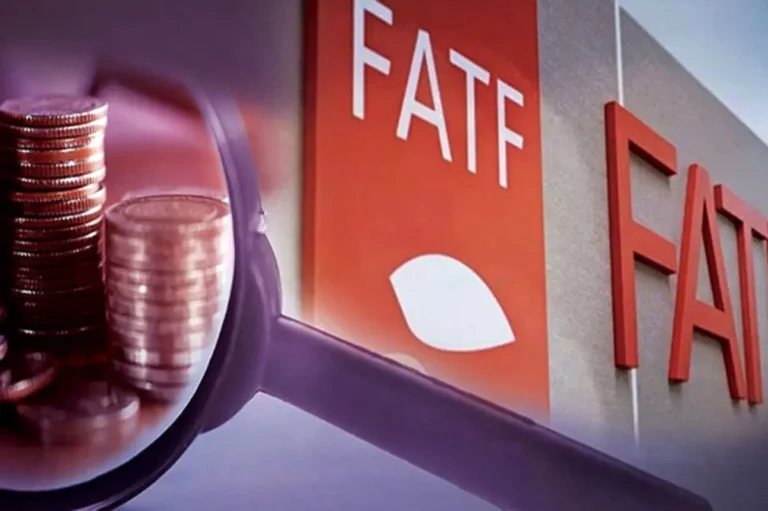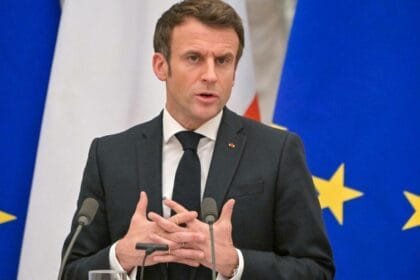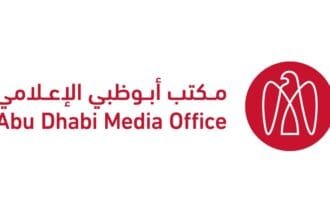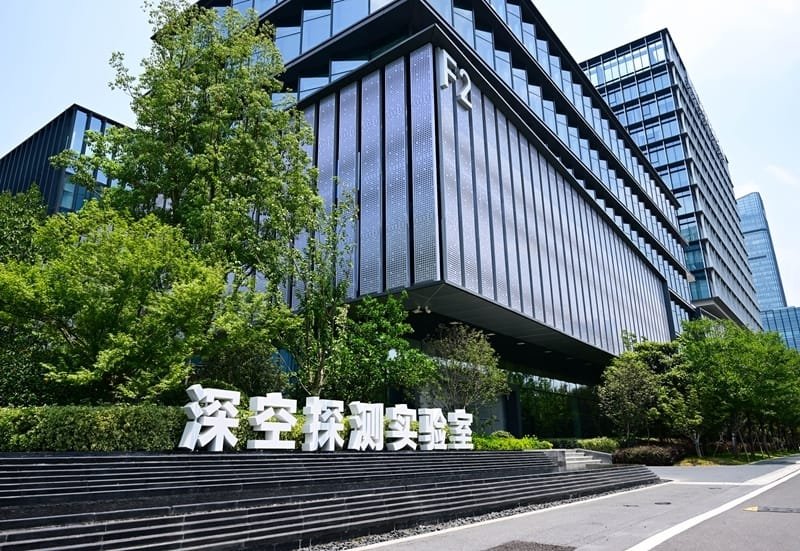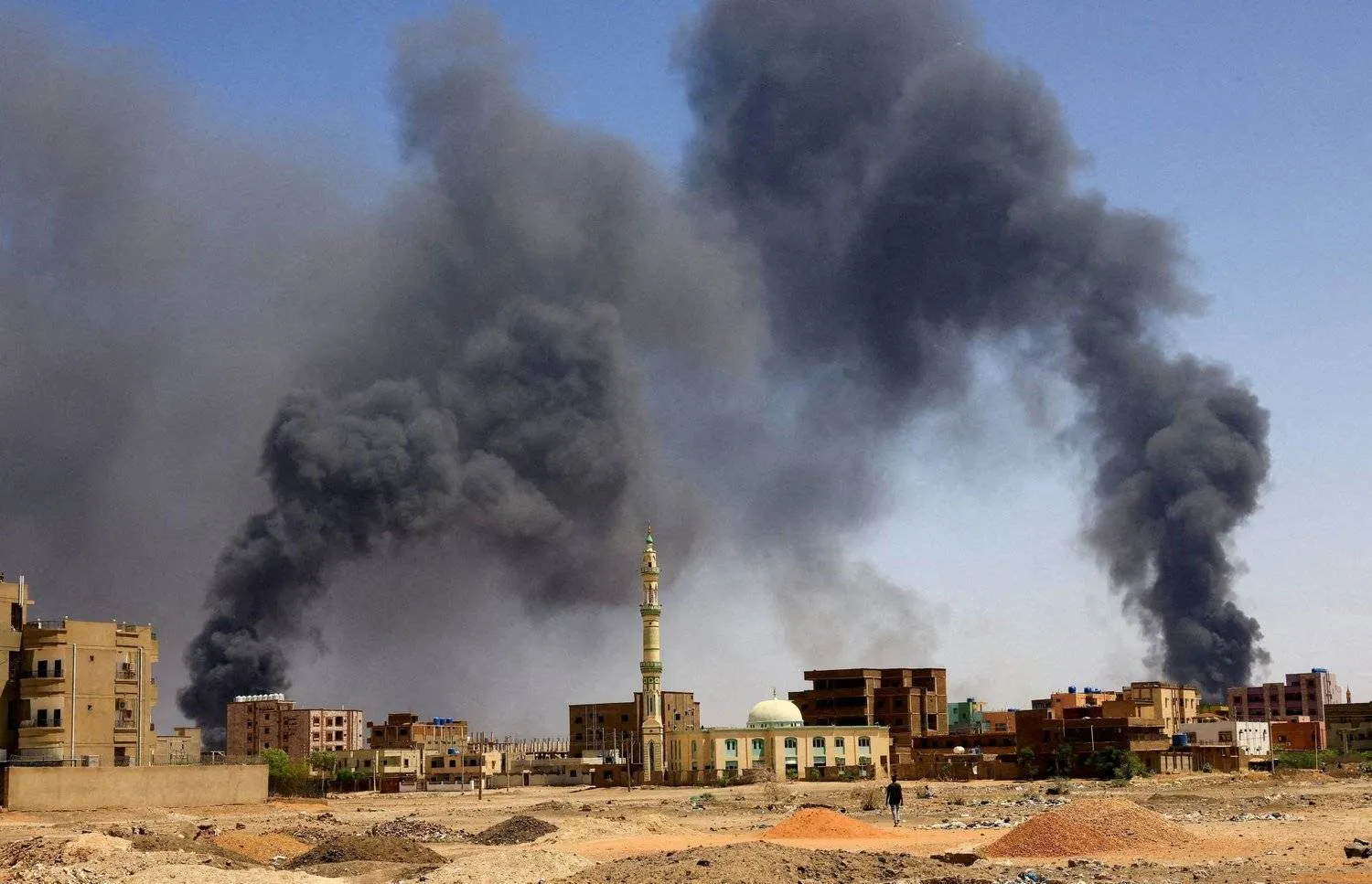Lebanon Tehran, Iran – The Financial Action Task Force (FATF) announced that Iran remains on its blacklist of high-risk countries. This is despite Tehran resuming cooperation with the organization to address deficiencies in its anti-money laundering and counter-terrorism financing regime.
In its statement, the FATF emphasized that Iran had pledged to implement the Action Plan since 2016. However, it has not yet fulfilled most of its obligations. It noted that Iran’s ratification of the United Nations Convention against Transnational Organized Crime (Palermo Convention) did not meet the required standards. This was due to the extensive reservations Tehran declared upon accession, as well as the lack of full domestic implementation.
The FATF stated: “Iran will remain on the high-risk country list until the action plan is fully implemented. Upon achieving tangible progress in implementing the Palermo Conventions and combating the financing of terrorism, the organization will decide on the next steps. These steps include the possible suspension of countermeasures.”
It’s worth noting that Iran is added to the blacklist, along with North Korea and Myanmar. These countries are considered high-risk and face strategic shortcomings. Their systems for combating money laundering, the financing of terrorism, and arms proliferation are deficient.
At the same time, the FATF announced the removal of four African countries from its “grey” list. This list includes countries subject to heightened monitoring due to weaknesses in combating money laundering and terrorist financing. The countries are Burkina Faso, Nigeria, South Africa, and Mozambique. They were removed after making tangible progress in implementing their established action plans.
FATF President Elisa de Anda Madrazo described this achievement as “a positive story for the African continent.” She noted that these countries have improved their mechanisms for detecting money laundering and strengthening financial oversight. She added that coordination between institutions and the exchange of financial information have improved.






